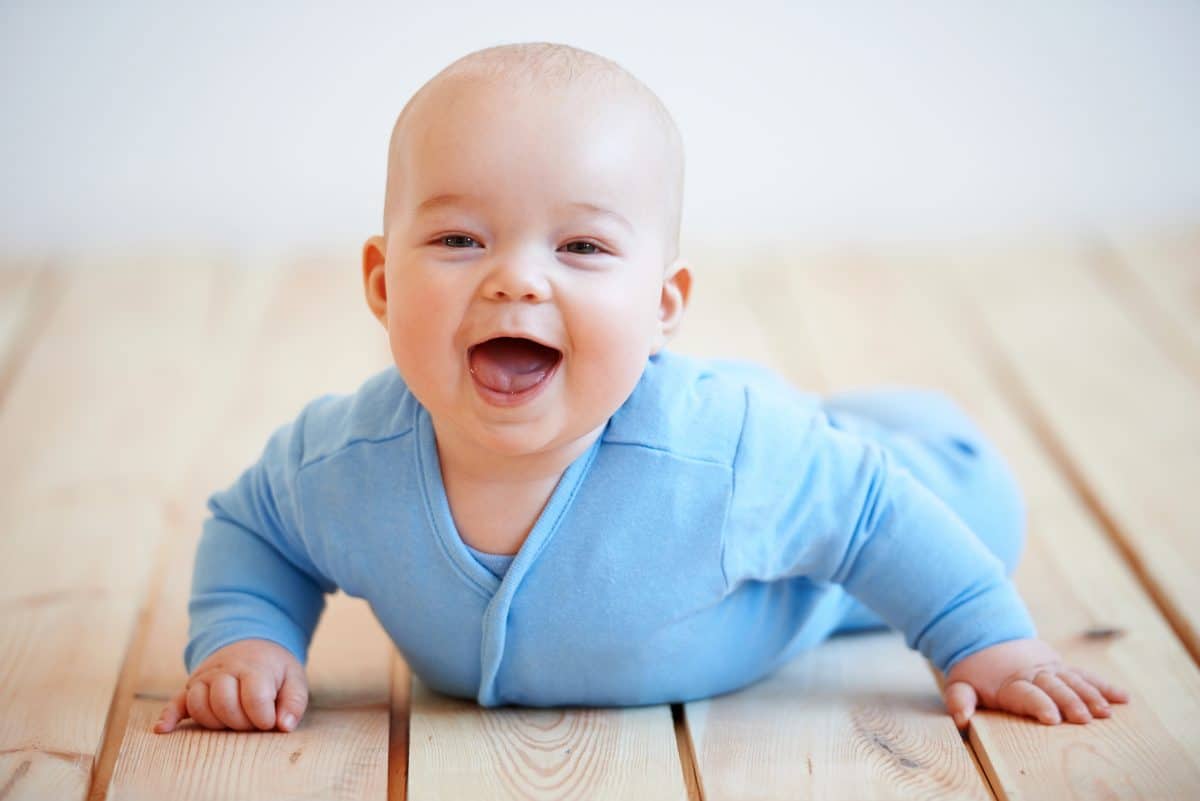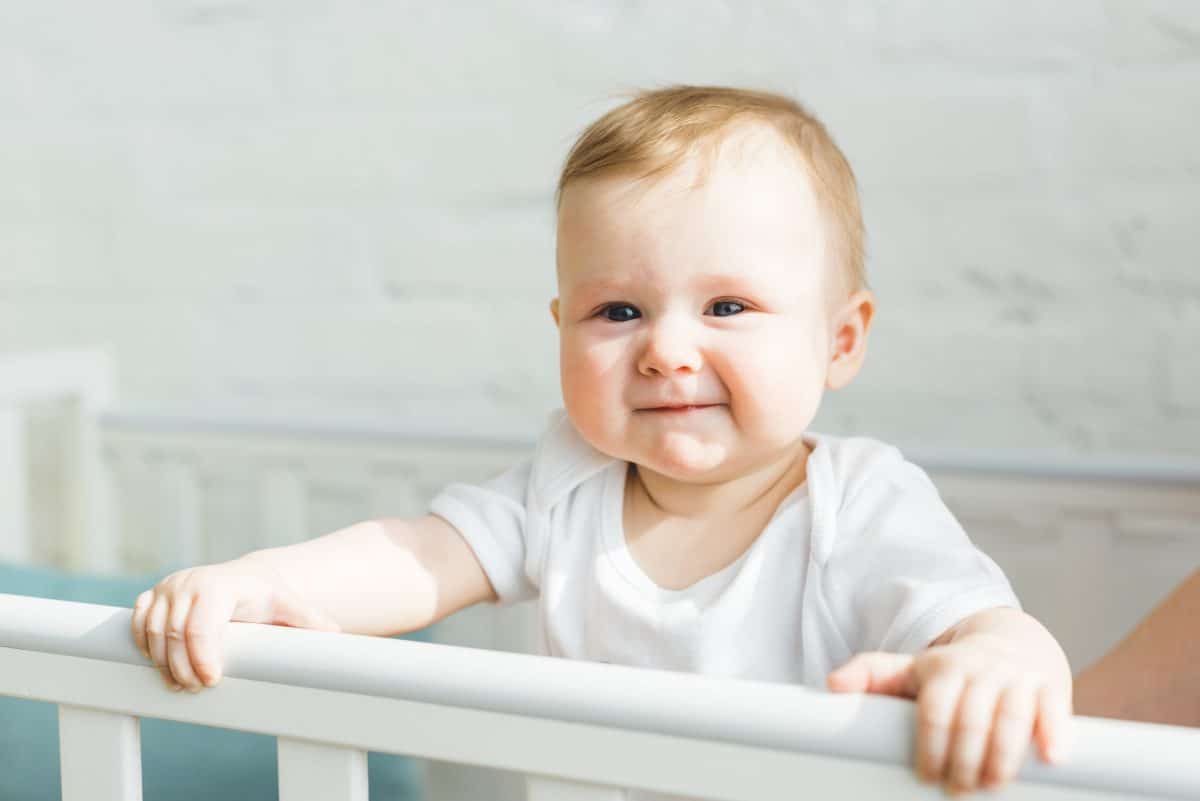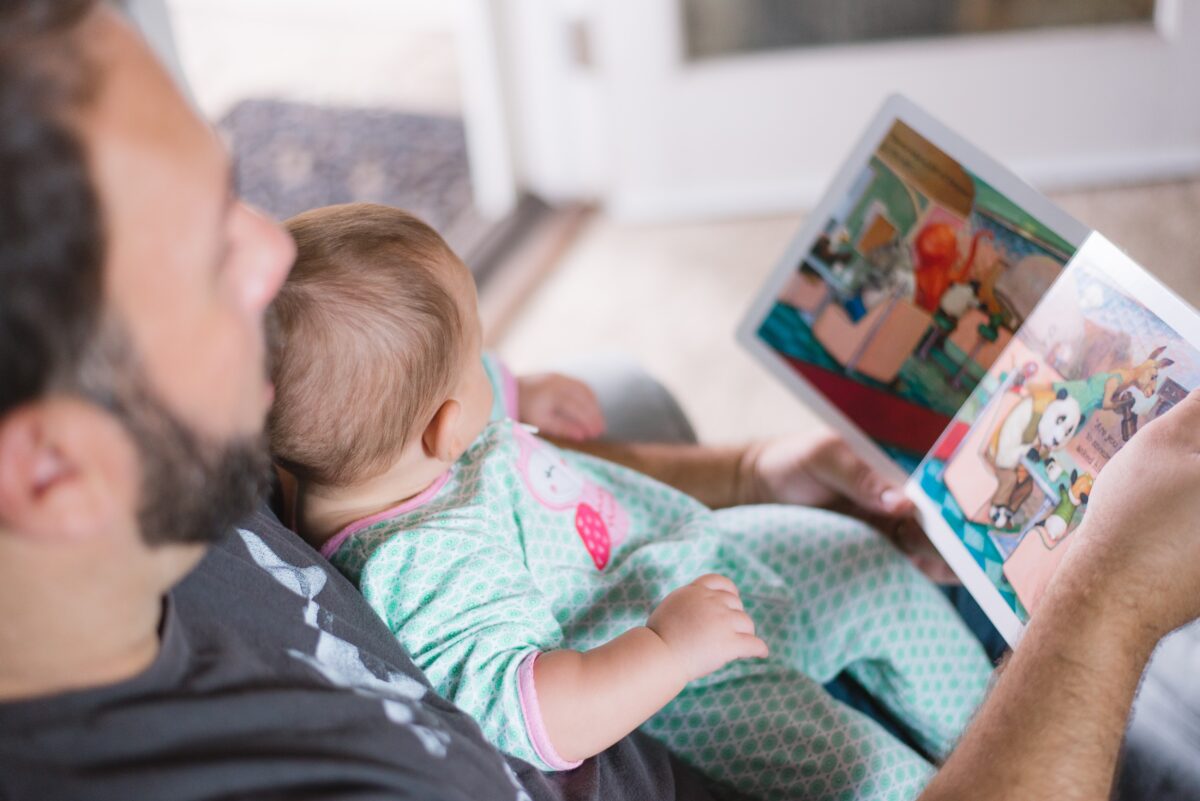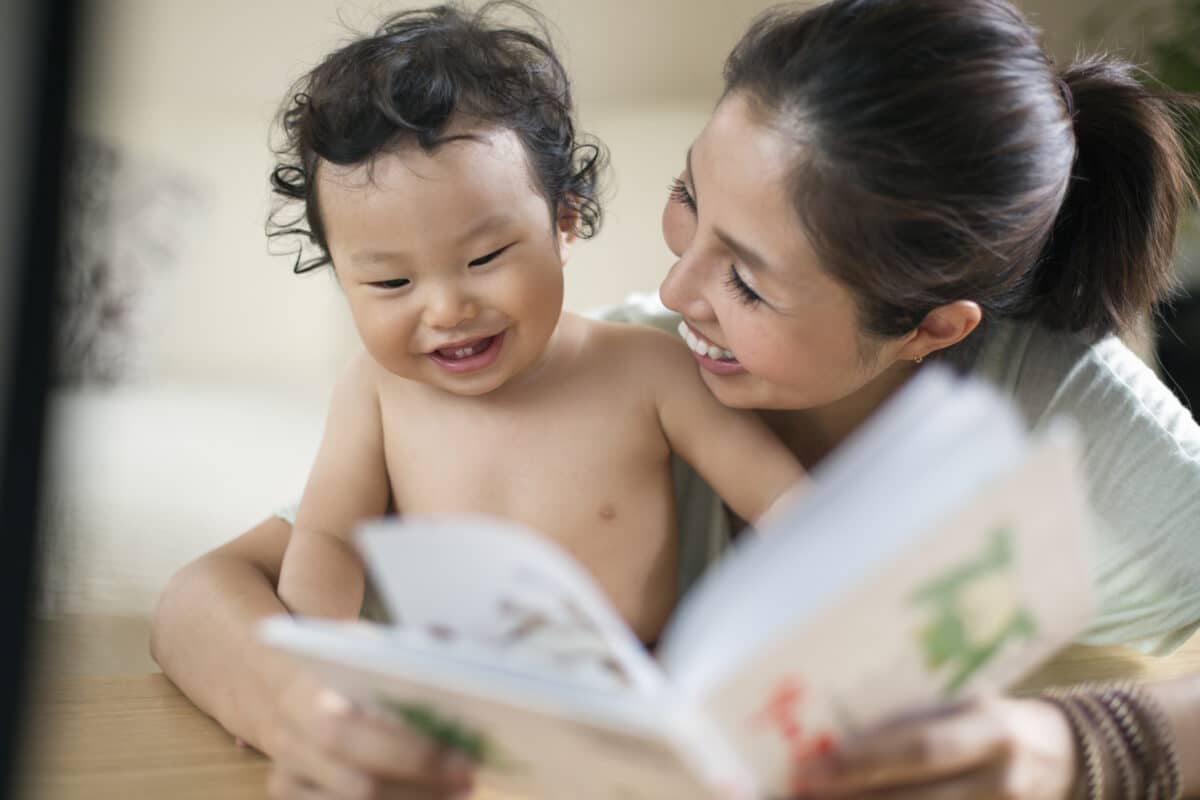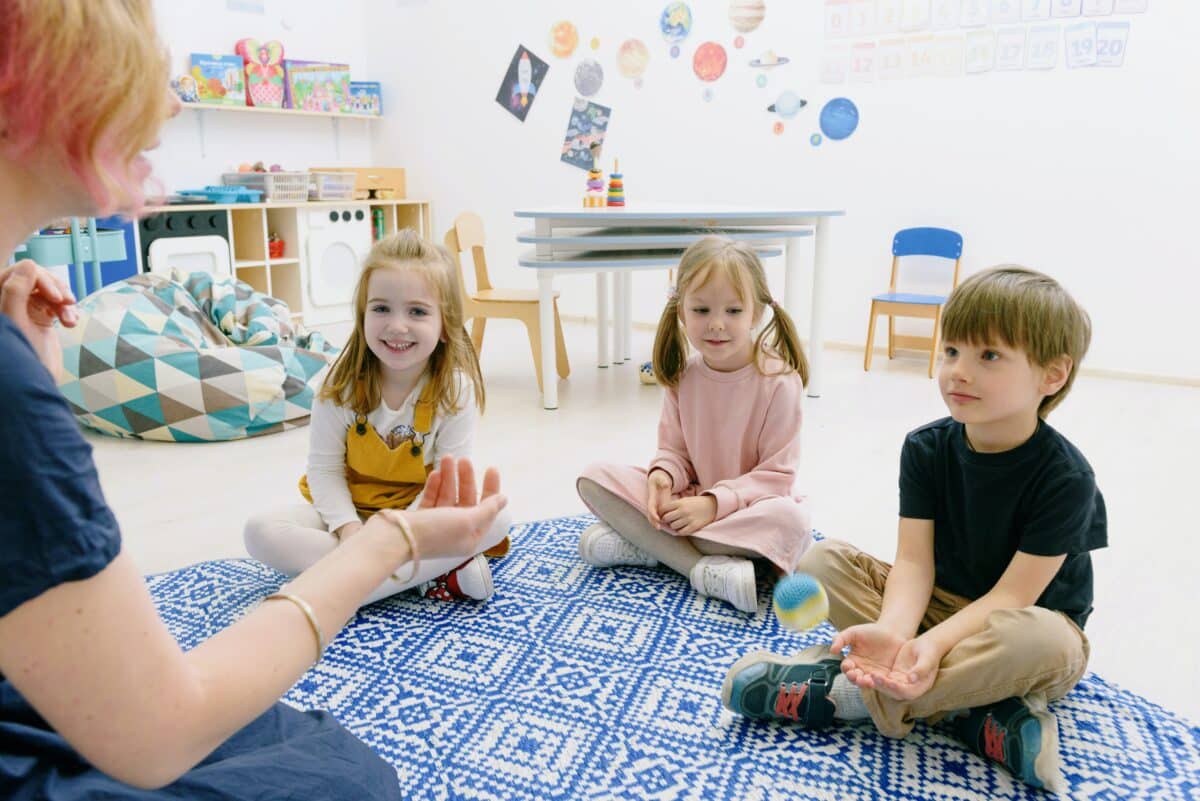Parenthood is an extraordinary journey filled with magical moments, and one of the most exciting parts is witnessing your baby’s milestones. These milestones mark important stages in your little one’s development and provide valuable insights into their growth.
Understanding these milestones can help you celebrate your baby’s achievements and ensure they are on track.
Read on for the top baby milestones to see if your baby is on track or if they may need a quick appointment with their pediatrician to assess.
What Are Baby Milestones?
Baby milestones are the skills and abilities that babies develop naturally as they grow. These milestones cover various aspects of a baby’s development, including physical, cognitive, emotional, and social skills.
Milestones are typically bench marked by a baby’s age. It should be noted that no two babies are alike and that if your baby doesn’t reach these milestones it does not mean that anything is wrong. However, it’s important for your baby’s health to mention your concerns to their doctor.
Importance of Monitoring Developmental Milestones
Baby milestones play an important role in understanding your baby’s growth and detecting any potential developmental delays. By monitoring your baby you can identify if your baby is meeting the expected markers.
Early detection of delays can trigger early intervention, ensuring that your child receives the necessary support and resources to thrive.
Developmental Milestones
Welcoming a new baby is an incredible journey! It’s filled with the joy of first smiles, first laughs, gurgles, and coos. It’s also filled with the dreaded sleepless nights, teething, and fussiness that goes along with milestones and wonder weeks.
From the moment your baby is born they embark on the adventure of growth and development. It’s your job as a parent to recognize and understand baby milestones so that you can assess their development and recognize when something may be delayed.
Newborn Milestones
During your baby’s first three months, s/he undergoes rapid growth and development.
In this phase, your little one will start making eye contact and grasping objects. As they grow in these 3 months, you may witness their first smile and eventually, those smiles will become responsive. By that we mean that instead of a reflexive smile, they’ll light up when they see you or hear your voice.
You may also hear your baby cooing at this age.
As parents, you play a crucial role in supporting your baby’s development during this phase. You can copy their sounds as they learn how to exchange verbally, and help them develop their neck control by engaging in tummy time.
4 to 6 Months Milestones
As your baby reaches four to six months, their development will become a lot more physical. At this age, your baby will likely begin rolling from belly to back and back to belly. Because they’re on the move, it’s important to baby proof your home if you haven’t already!
Another key milestone is they will begin to sit with support. This means that if you prop them up they should have enough trunk control to sit and play. They will begin to reach for their toys and discover new sights and sounds!
To help prompt your baby to move, put toys just out of their reach. Soon you’ll see your baby beginning to wiggle towards the object of their desire. Look out!
7 to 9 Months Milestones
The seven to nine months period is even more exciting! Your baby is curious and mobile. They will explore every nook and cranny so be ready caregivers!
At this age, your baby may also begin pulling up to a standing position. This is the stepping stone for walking!
It’s important for parents to create a safe space for their baby to explore at this age. It fosters their curiosity but also keeps them safe.
10 to 12 Months Milestones
As your baby approaches their first birthday, they are advancing by leaps and bounds.
One of the most anticipated milestones during this phase is your baby taking their first steps. It’s a momentous occasion that we know you’ll try to record!
They’ll also make some language leaps and you may hear ‘mama’ or ‘dada’ in a more deliberate way than just babble.
Parents can support their babies by giving them a secure place to cruise without the risk of injury. Play peek-a-boo, read stories, and play on their level. Play is so important during this time.
Beyond the First Year: Key Milestones to Watch For
1 to 2 Years Milestones
As your baby transitions into their second year, their milestones expand and become more diverse. They will begin to show independence, learn to use utensils, build towers with blocks, and engage in pretend play. Encourage their growth by providing age-appropriate toys, engaging in imaginative play together, and introducing simple puzzles to stimulate problem-solving skills.
2 to 3 Years Milestones
Between the ages of two and three, your little one will continue to blossom with their milestones. They will gain more control over their movement, develop a wider vocabulary, and enjoy playing with other children. You can support their development by engaging them in physical activities such as running and jumping, reading books that expand their vocabulary, and encouraging social interactions through play dates or toddler groups.
Milestones Are a Fun and Useful Tool
Milestones are not only a delight for parents and babies, but they also play a crucial role in recognizing if your child has potential delays in their development.
While we don’t want you to worry, if you notice something is a little behind, it’s best to book an appointment with your child’s pediatrician. Most likely everything is perfectly fine, but it allows us to gauge where your child is at on the developmental scale and schedule early intervention if needed.
At Kid Care Pediatrics we care about your child like they’re our own. So give us a call today for all your childcare needs.

